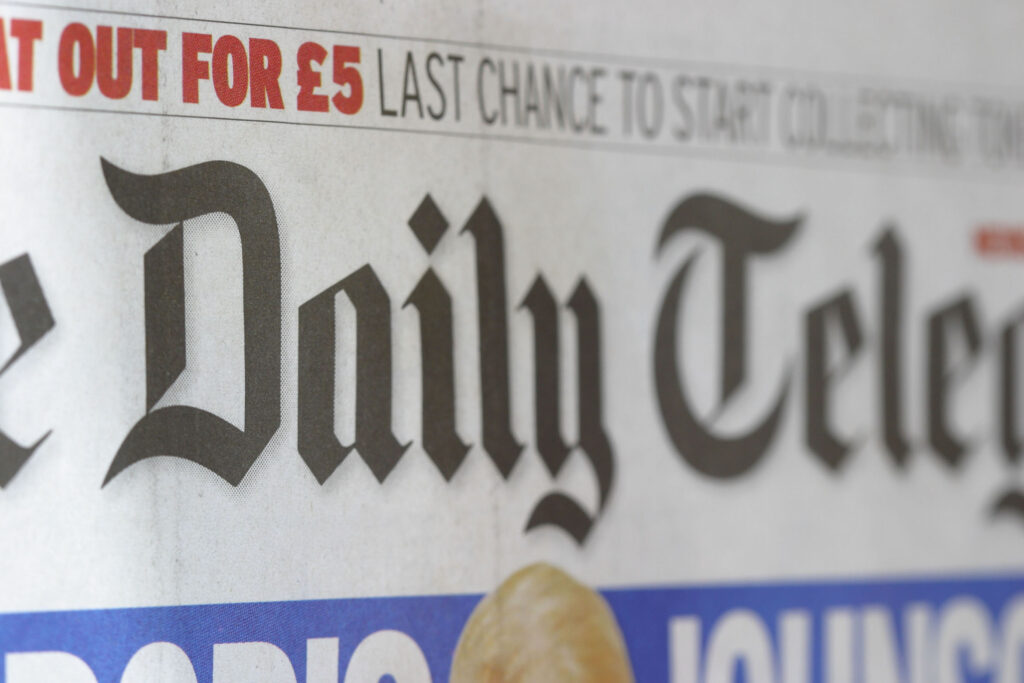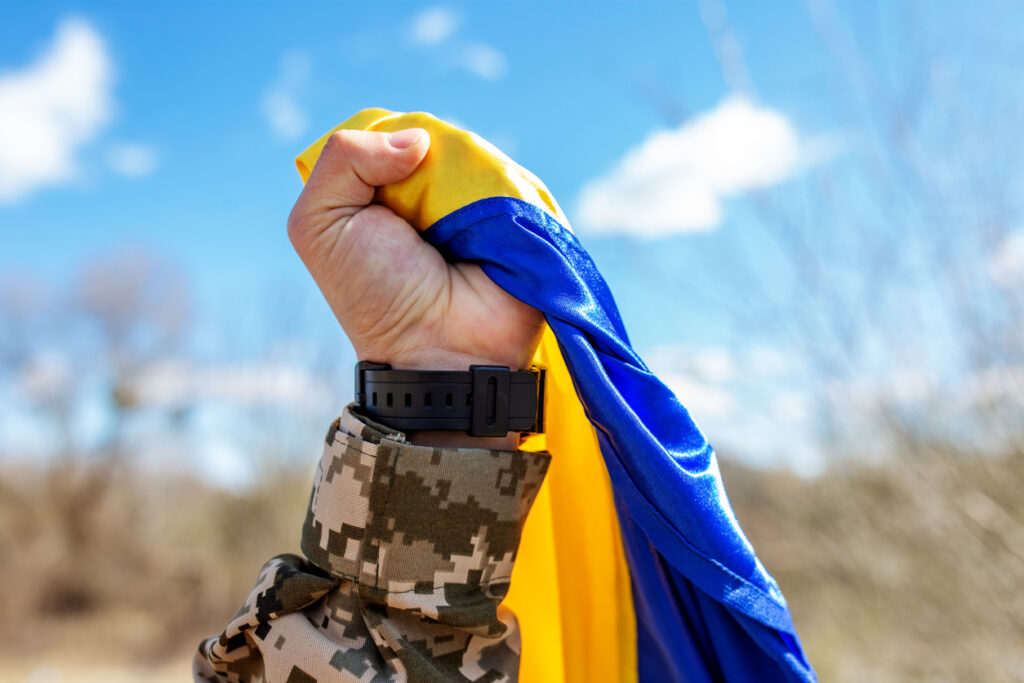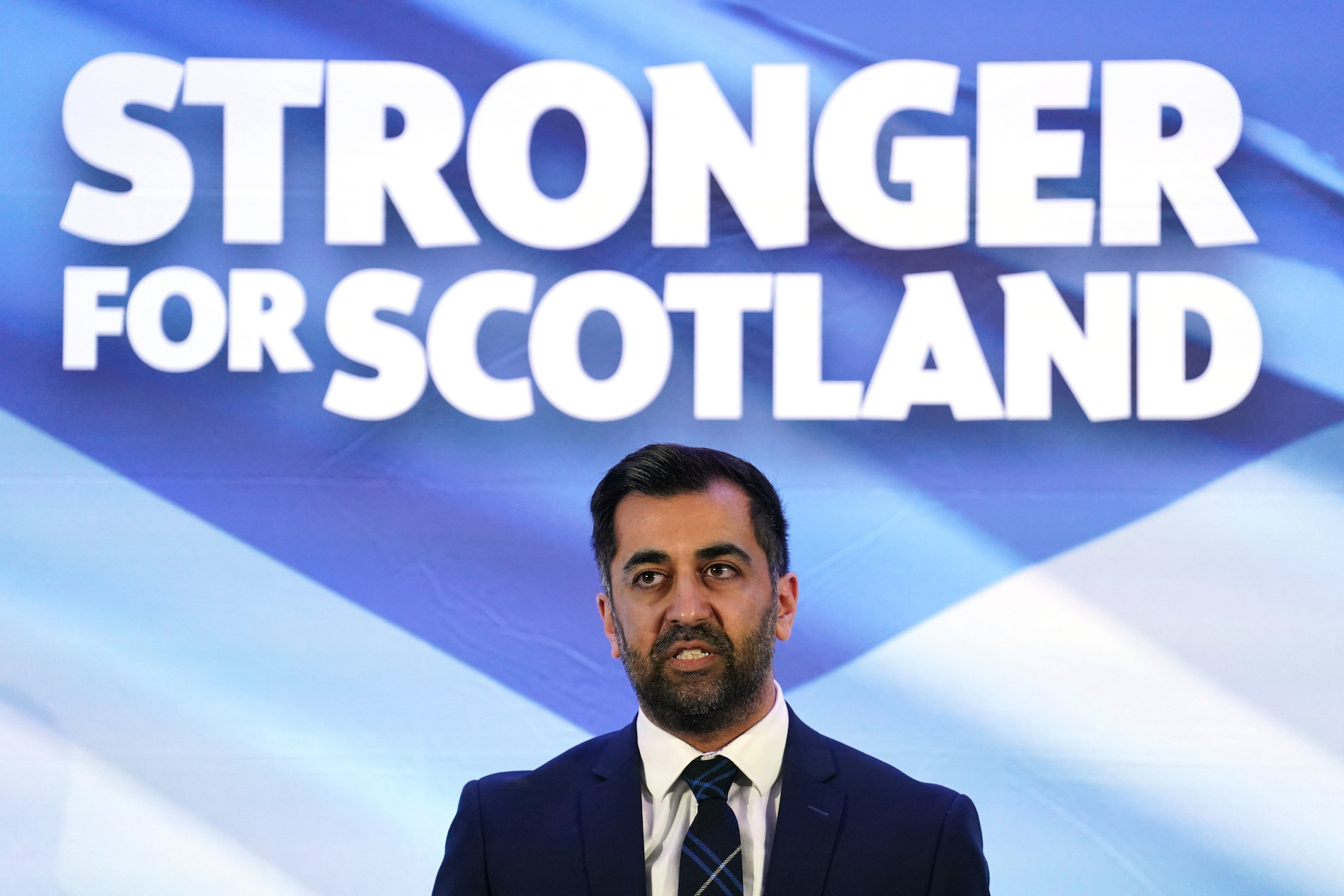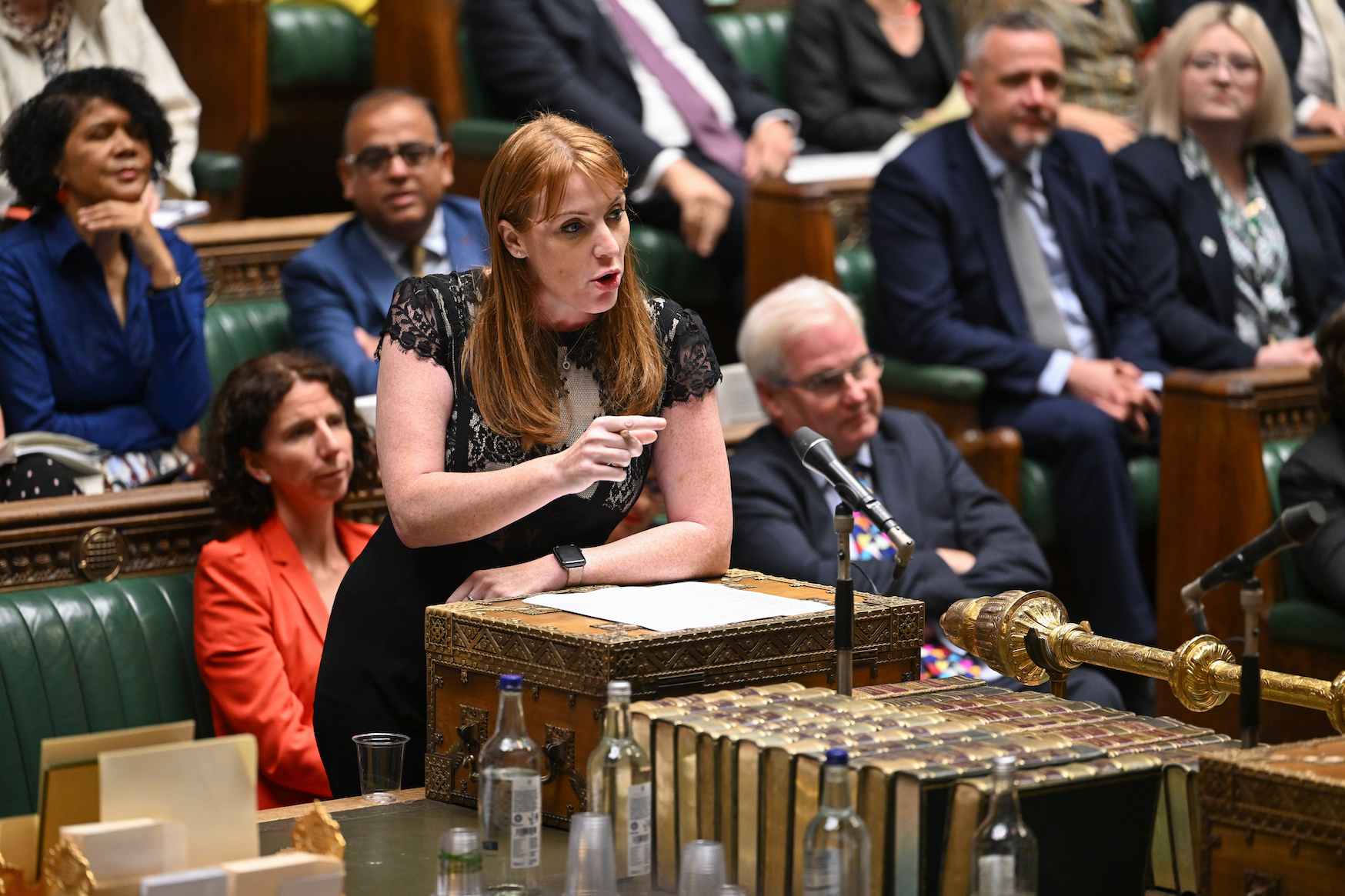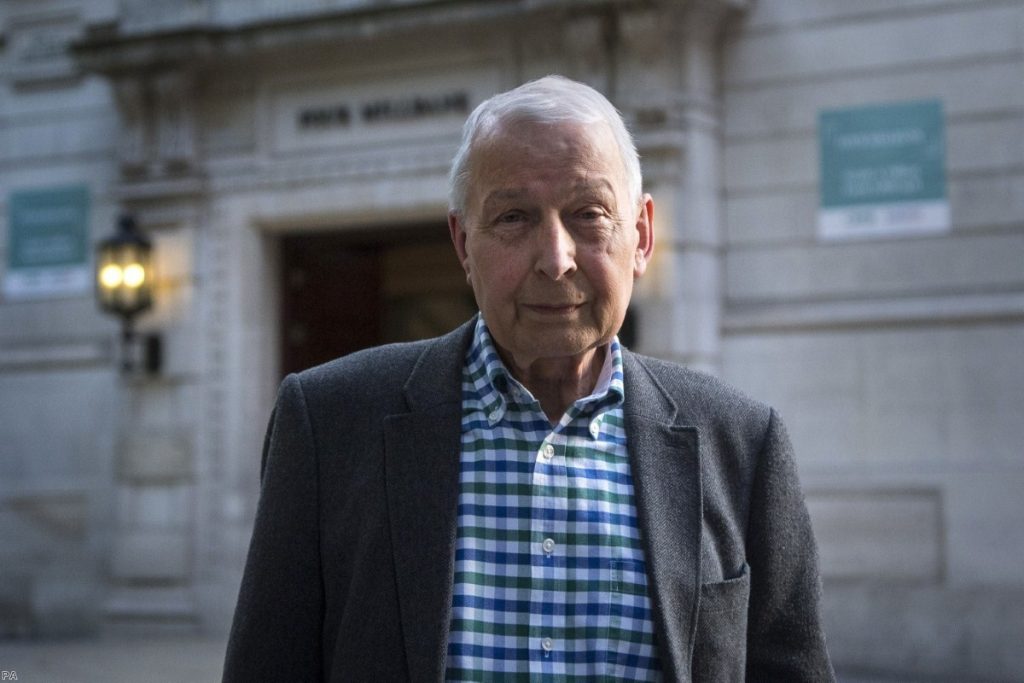What is the Modern Slavery Act?
The Modern Slavery Act, which extends to England and Wales, introduced tougher penalties on the perpetrators of modern slavery, as well as more extensive support for its victims.
The main features of this legislation were the consolidation of existing laws under a single comprehensive Act relating to modern slavery; the creation of an independent anti-slavery commissioner and independent child trafficking advocates; and the requirement on certain companies to make a yearly Modern Slavery Act statement.
The Act strived to introduce effective systems whereby big businesses would have a responsibility to ensure their supply chains do not use enslaved labour at any point. As part of efforts to increase transparency, large firms are now required to disclose the actions they have taken towards validating this on a yearly basis.
The 2015 Modern Slavery Act’s new focus on victims also incorporates an order which strives to provide them with compensation by confiscating the assets of their perpetrators.
Finally the Act placed an extra onus on prevention and victim identification, including permission for law enforcement to stop boats suspected of trafficking enslaved people
Why was the Modern Slavery Act introduced?
In 2015, the International Labour Organisation estimated there were 21 million people trapped in forced labour. In the UK, the Home Office suggested that this number could be as high as 13,000 in the UK, spread across a wide range of industries.
The Modern Slavery Act aimed to strongly tackle the human rights abuses involved in modern slavery.

Modern slavery has been growing as a political issue over the last decade.
Modern slavery has been growing as a political issue over the last decade. Implementing measures to crack down on modern slavery became a prominent political cause for Theresa May during her time at the Home Office (2010 and 2016), and later as Prime Minister (2016-2019). Mrs May brought oversaw the introduction of the Modern Slavery Act during her time as Home Secretary.
Main Provisions of the Modern Slavery Act
The Modern Slavery Act contains a number of measures ranging from those designed to prompt businesses to act, those which punish perpetrators, and those offering support to victims. Some of the Act’s most notable features cover:
Penalties
The 2015 Modern Slavery Act reiterated and built upon previous legislation. It defines slavery and human trafficking and assigns penalties and directions for the prosecution of perpetrators.
Supply Chain Provision
This Modern Slavery Act aims to ensure that British businesses are not involved in modern slavery at any level. The Act’s global supply chain provision applies to any business, including foreign companies and subsidiaries, which provide goods or services to the United Kingdom and which have yearly revenues of over £36 million.
Large businesses that fall into this category are required each financial year to publish a report outlining their efforts to ensure that there is no forced labour in their supply chains. This takes the form of a modern slavery statement.
Through this statement, firms must provide details on how they manage their supply chain relationships and any supplier code; the company’s modern slavery policy; their approach to risk assessment with an existing supplier; their policy in relation to vetting prospective suppliers; and any training they offer relating to efforts to tackle forced labour.
Anti-Slavery Commissioner
The Modern Slavery Act created the position of an independent Anti Slavery Commission. This role has responsibility for guiding and encouraging national efforts to combat modern slavery. In 2018, Dame Sara Thornton, the former Chief Constable of Thames Valley Police was appointed to the position of Anti-Slavery Commissioner.
Child Trafficking Advocates
The UK Modern Slavery Act clarified the role of child trafficking advocates. These are independent officials who represent children who are suspected victims of human trafficking. Their duty is to promote the child’s wellbeing and assist in providing them with legal representation.
Reparation Orders
The Modern Slavery Act sought to compensate victims through seizing the assets of traffickers and awarding some of the money to the people they trafficked.
Statutory Defence for Victims
The 2015 Act introduced a Statutory Defence for Victims. This defends victims of modern slavery from being convicted of crimes that they were forced to commit during the time when they were enslaved. In situations in which crimes were committed because of compulsion, if it is decided that any reasonable person in the same situation would have acted in the same way, the person is found not guilty.
What has been the impact of the Modern Slavery Act?
The Modern Slavery Act is generally regarded as having succeeded in bringing the issue of human trafficking and forced labour into both boardroom and public discussion.
It is suggested that greater awareness of the issue has also led to an increased reporting of suspected modern slavery. After the Act was first introduced, between November 2016 and June 2019, there was a 13% increase in active law enforcement investigations into modern slavery crimes . There has also been an increased number of prosecution and convictions for modern slavery crimes.
In June 2019, one campaign group ‘Stop the Traffik’ praised the Modern Slavery Act for its success in pushing some companies to provoke a ‘cascading’ effect down their supply chains: thereby also making addressing modern slavery a priority for the smaller companies they interact with, that are not otherwise affected by the Act. This campaign group has though called for the creation of a regulatory enforcement body.
Calls for stronger enforcement have partly been prompted by suggestions that not all large companies have fully engaged with the Modern Slavery Act . A compliance review on a range of slavery and human trafficking statements undertaken by PriceWaterHouse Coopers during the initial reporting period, found that approximately 70% of firms had missed at least one of the six areas that government guidance recommended be addressed.
Furthermore, an Independent Review of the Modern Slavery Act completed in 2019, found that 40% of eligible companies had not been complying with their reporting requirement obligations under the Modern Slavery Act at all. The Review’s final report made 80 recommendations to Parliament on how to improve the Act’s efficacy going forward.
The UK government has since suggested that it is it planning to follow the Independent Review’s recommendation of making the six recommended sections of the current Company statement mandatory. There are also plans to extend this reporting obligation to public bodies with annual budgets of at least £36 million.
Modern Slavery Act in Full
The 2015 Modern Slavery Act can be read in full here.










